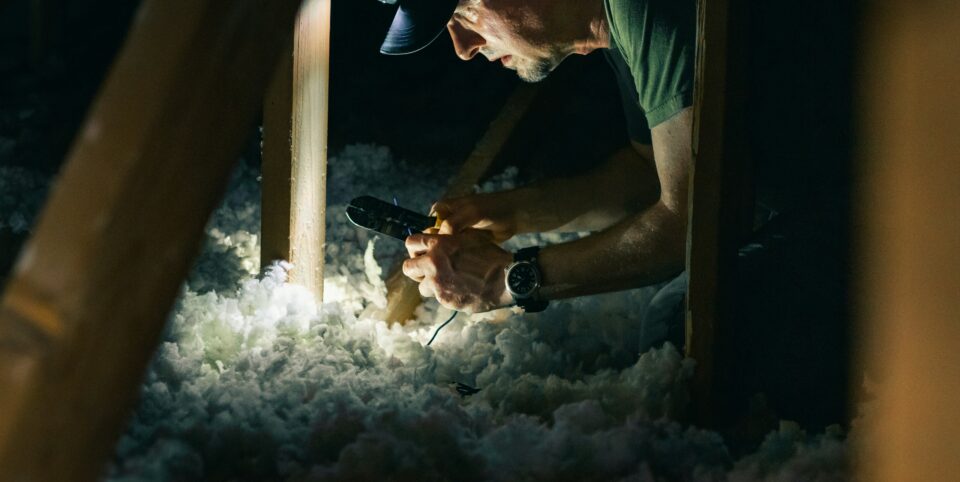Contact
020 4515 6728
info@ccameron.co.uk
Charles Cameron & Associates
Blackfriars Foundry
154-156 Blackfriars Road
London SE1 8EN
Poorly insulated homes costing homeowners hundreds every year
May 9, 2024
Information published was correct at the time of writing
Poorly insulated homes costing homeowners hundreds every year

Poorly insulated homes are a significant drain on homeowners’ finances, often costing them hundreds of pounds annually. This expense arises primarily from the increased energy required to maintain comfortable living conditions. In winter, heat escapes through walls, roofs, and even floors that are not adequately insulated, forcing heating systems to work overtime. Conversely, during the warmer months, these same homes struggle to keep cool air in, resulting in air conditioning units running more frequently and for longer periods.
In recent years, the issue of inadequate insulation has gained increasing attention, not only for its adverse effects on energy efficiency but also for its significant financial implications for homeowners.
According to recent data, the cost of heating poorly insulated homes is set to soar, with households facing additional expenses of up to £600 on average throughout the year.[1]
WHO WILL IT IMPACT THE MOST?
The Energy and Climate Change Intelligence Unit (ECIU) cautions that these supplementary expenditures are directly linked to your property’s Energy Performance Certificate (EPC) rating. An EPC rating evaluates a property’s energy efficiency, graded on a scale from A, the highest efficiency, to G, the lowest efficiency. These certificates hold validity for a decade.
SUPPORT AVAILABLE
Investing in better insulation can seem like a daunting expense upfront, but the long-term savings are substantial. The Great British Insulation Initiative, overseen by Ofgem, is a government-backed energy-efficiency program aimed at enhancing the energy performance of the least efficient homes across Britain.
Ensure that you are clear of Ofgem’s criteria before applying; it states that to be eligible, your property must demonstrate a need for energy-efficiency enhancements, such as cavity wall insulation. Under the program, each home will receive one specific insulation improvement.
These upgrades are determined through a comprehensive retrofit assessment, which evaluates how implementing changes to your property can effectively decrease energy consumption and lower carbon dioxide emissions.
The £1 billion initiative aims to assist approximately 300,000 households nationwide in covering the expenses associated with installing new home insulation. This program is set to continue until March 2026.
The issue of poor insulation extends beyond just financial concerns; it also has environmental impacts. Homes that require more energy to heat and cool contribute to higher carbon emissions, a leading cause of global climate change. Furthermore, the overuse of heating and cooling systems can lead to increased consumption of fossil fuels and other non-renewable energy sources, exacerbating the problem. Improving home insulation is a straightforward solution that can have immediate effects not only on reducing energy bills but also on contributing to a more sustainable and environmentally friendly way of living.
—–
Source:
[1] Energy & Climate Intelligence Unit | Energy bill price cap: poorly… (eciu.net) 09/04/2024[2] Apply for support from the Great British Insulation Scheme – GOV.UK (www.gov.uk) 09/04/2024
Other source:
Failure to insulate UK homes costing thousands of lives a year, says report | Green politics | The Guardian 17/04/2024
What is Insulate Britain and what does it want? – BBC News 17/04/2024



